Playing to Live Hits the Ground Running in Uganda
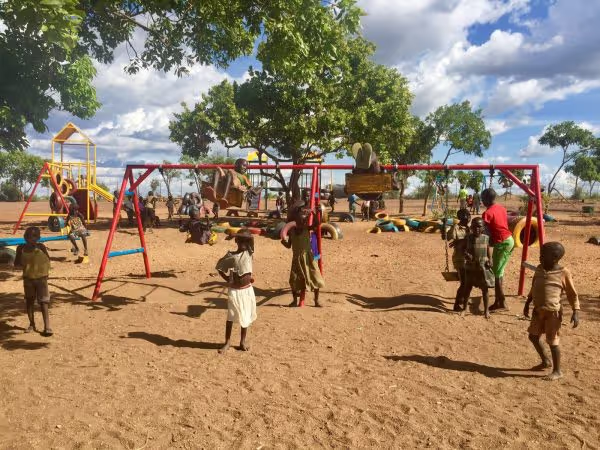
What kind of mental health and psychosocial support are adolescent refugees provided in Uganda? At Playing to Live, we are on a mission to find out. After our initial trip to Uganda in February and March of 2017, I returned to Kampala in April to begin the next steps of our work on the Needs and Resource Assessment to identify current psychosocial services as well as the gaps in mental health service in Uganda’s refugee camps.
Over the past month, I had the opportunity to meet with leads of non-profit, for-profit and government organizations, learn more from our community liaisons and key stakeholders, and begin site visits to the refugee settlements. We continued the process of identifying and completing outreach to key stakeholders and organizations. We also began the process of collecting existing data from organizations currently providing mental health and/or psychosocial services to the target population; creating the planning committee; identifying, selecting, adapting, and finalizing data collection methods and tools; determining our sampling strategy; and gathering and recording data.
In May, our community liaison, the Danish Refugee Council, hosted my visit to three refugee settlements—Rhino Camp, Bidi Bidi, and Kiryandongo—in the West Nile Region of Uganda. During this time I met with the organization leaders, program officers, program assistants, mentors, and adolescent female participants. Having the opportunity to not only sit and learn from these individuals but see for the first time the incredible work being done in some of the settlements allowed me to gain more insight into the work being done and potential opportunities for future growth.
Meanwhile, stateside, we have a dedicated team of individuals that are working on the Literature Review. For this Recognition Grant, Playing to Live is working to complete a project that includes two components: the Needs and Resource Assessment coupled with a comprehensive Literature Review. The Literature Review is examining best practices for para-professionals providing mental health and psychosocial support services to children and adolescent refugees and internally displaced persons.
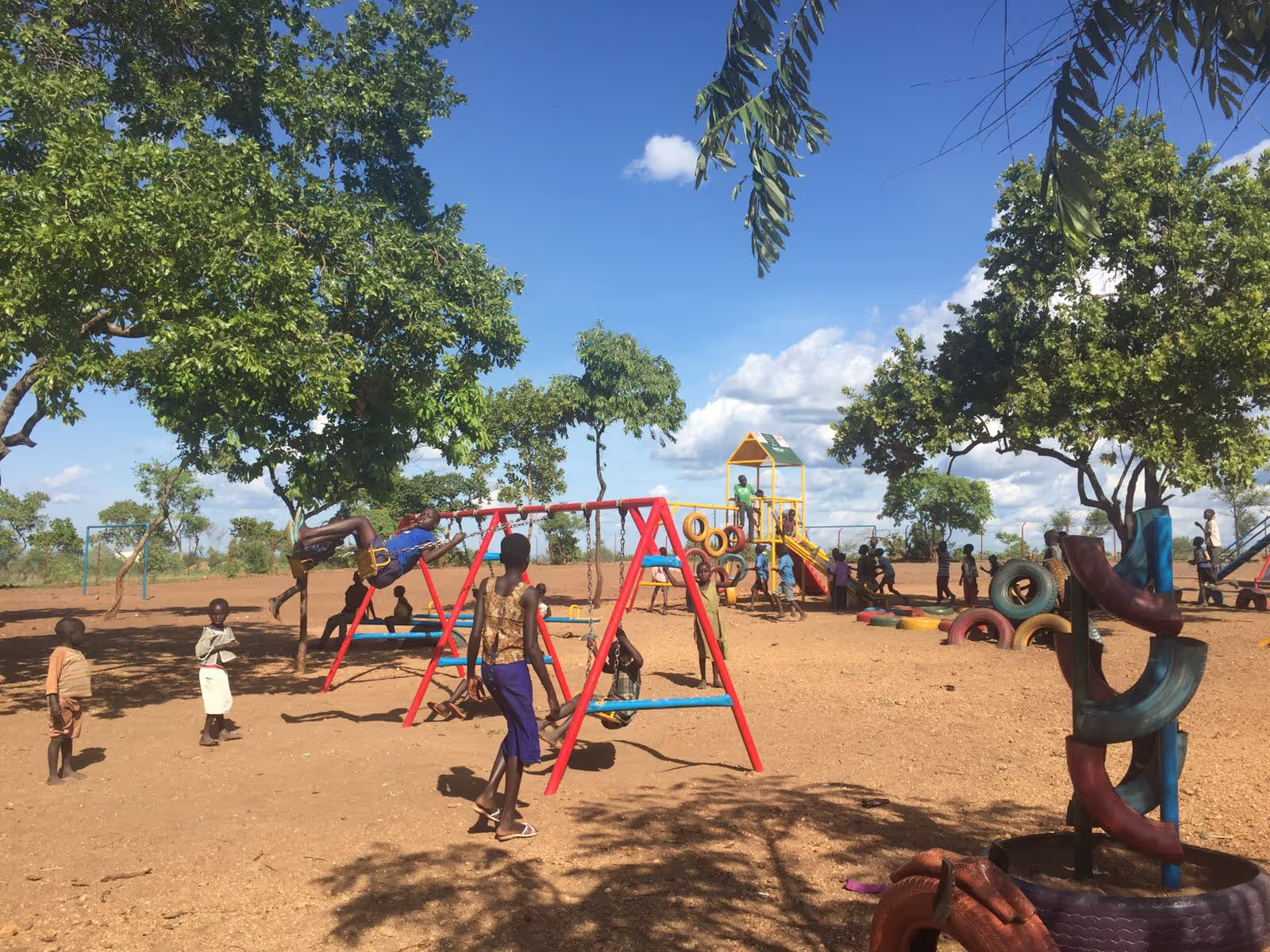
During June and July, I look forward to getting out of the Kampala office and spending more dedicated time in the settlements. We will have the opportunity to meet face to face with program implementers and to collect data to complete the mapping of services across multiple settlements. In June, the founder and Executive Director of Playing to Live and I will be completing formal interviews with key stakeholders and focus groups with participants and community members.
As we continue to learn through the resources and articles gathered in the Literature Review and the connections we make with key stakeholders on the ground in Uganda through the Needs and Resource Assessment, we are eager to share with you our progress. It has been an honor to meet so many dedicated professionals working to make a difference and shrink the gap in mental health and psychosocial services globally. We look forward to the next steps in the process and the knowledge we will gain and share along the way.
-- Catherine Boland, Playing to Live, Clinical Manager
Top image: Child Friendly Spaces in the Refugee Settlements
Stay updated
Sign up for our newsletter to receive regular updates on resources, news, and insights like this. Don’t miss out on important information that can help you stay informed and engaged.
Related articles
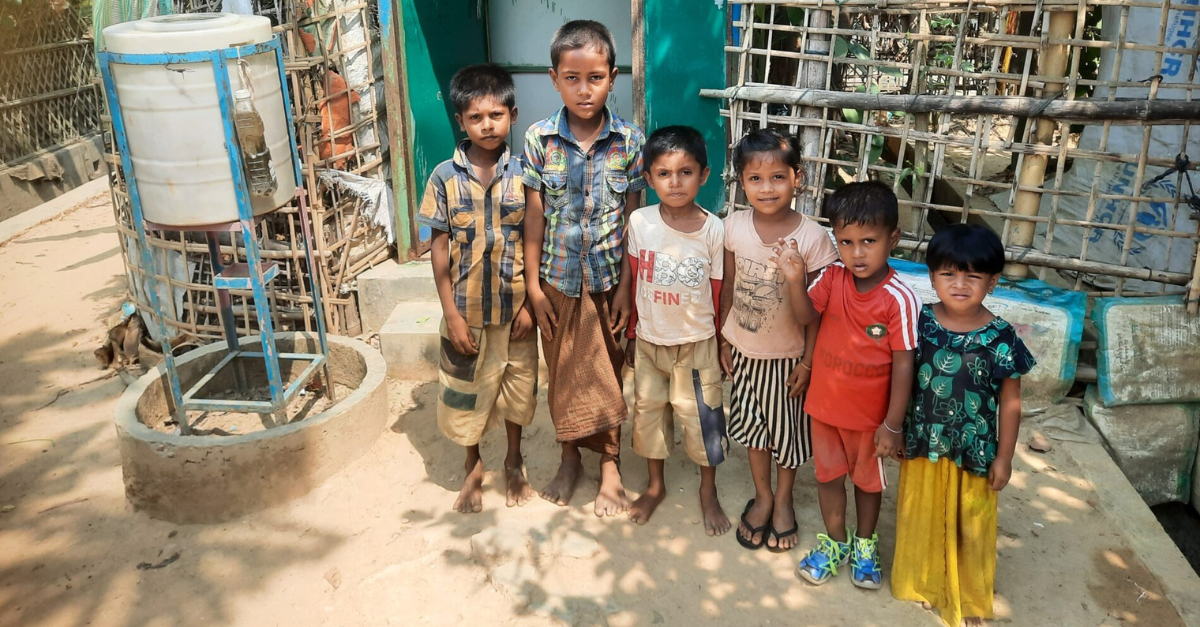
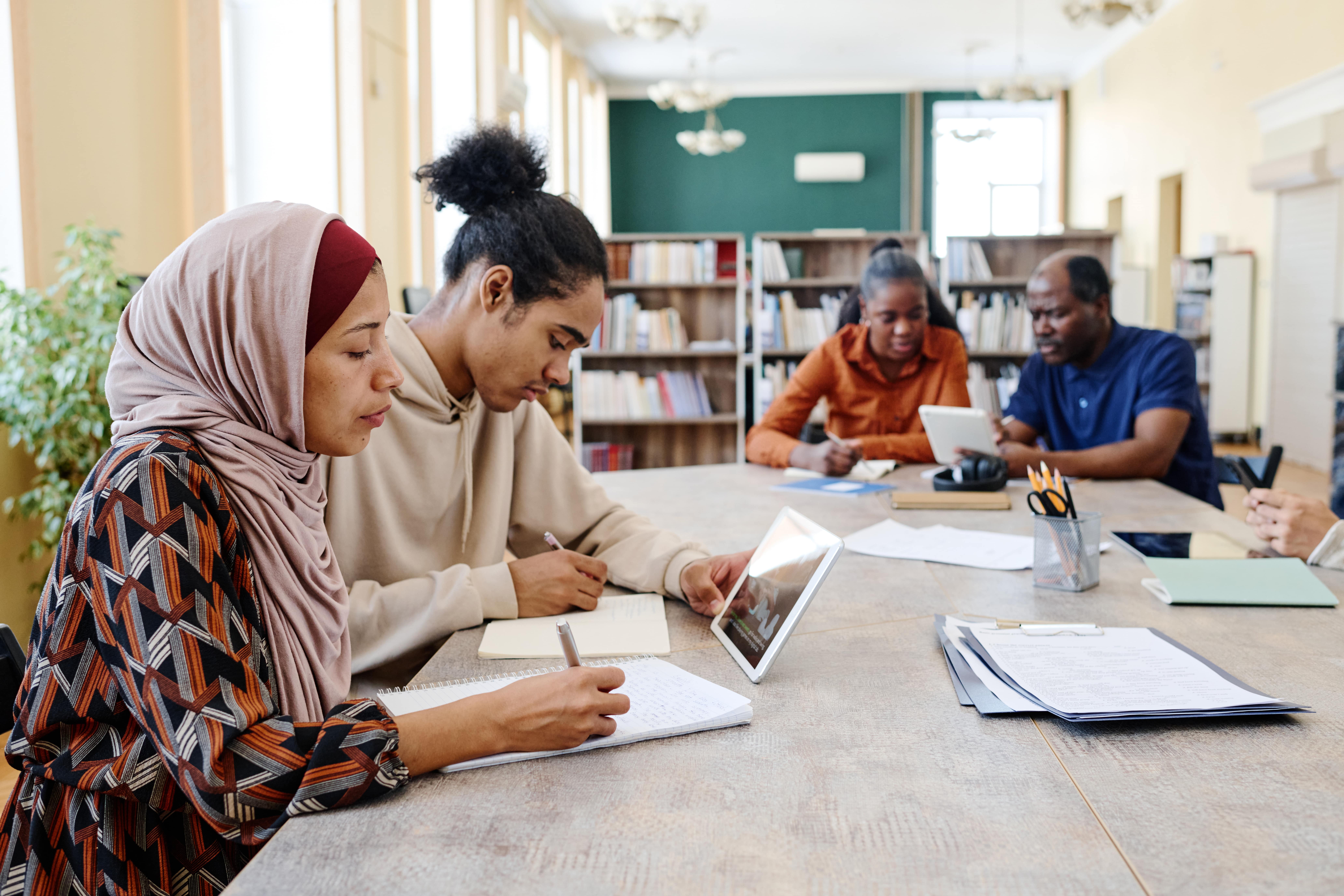
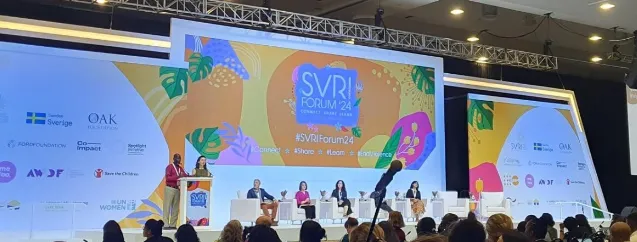
Explore Elrha
Learn more about our mission, the organisations we support, and the resources we provide to drive research and innovation in humanitarian response.